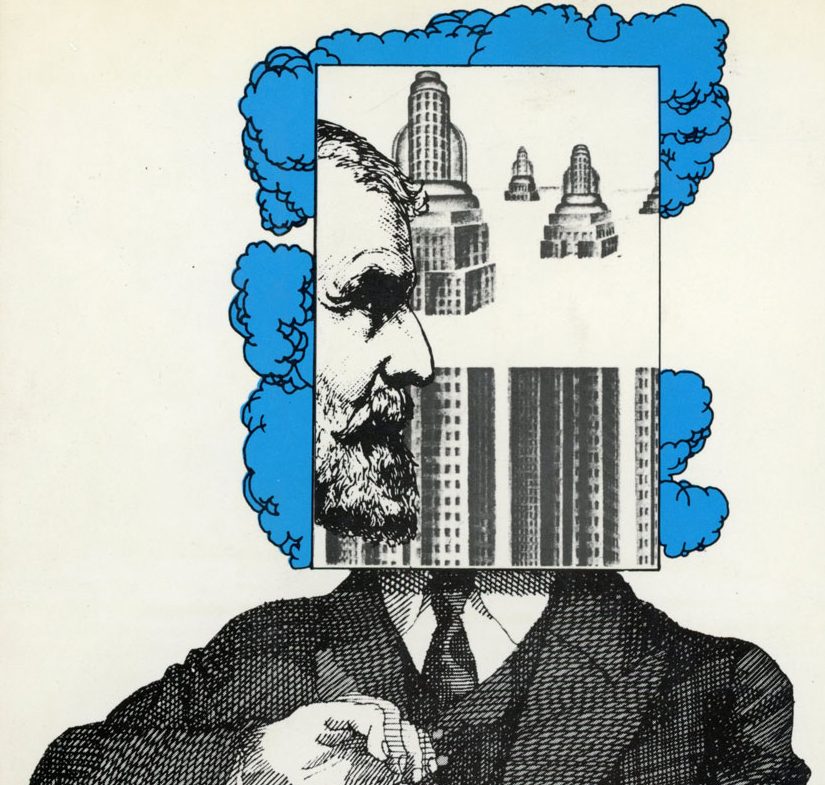In Revelation Space
(2000), the name of Alastair Reynolds’ ship Nostalgia
for Infinity communicates what was once a systemic view in sf. With his
ship’s name, Reynolds invokes the post-war attitudes of the atomic age and its
concomitant sf narratives. The reigning monomyth of the atomic age was that
with the secrets of science unlocked, progress was inevitable, humans would
soon achieve a utopian existence. But instead of achieving utopia in the 20th
century, humans irradiated nuclear weapons testing sites and fought endless wars
in the name of ideology and for the control of resources. With the dream demeaned,
sf dropped its utopian narratives in favor of telling stories that reflected a cultural
collapse.




